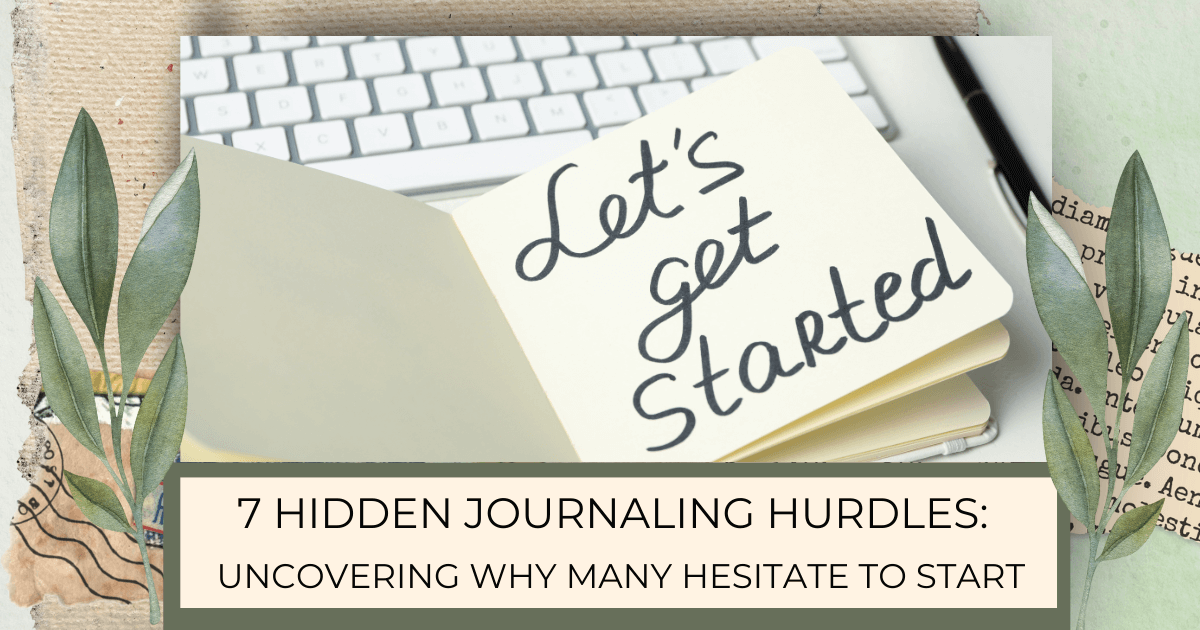
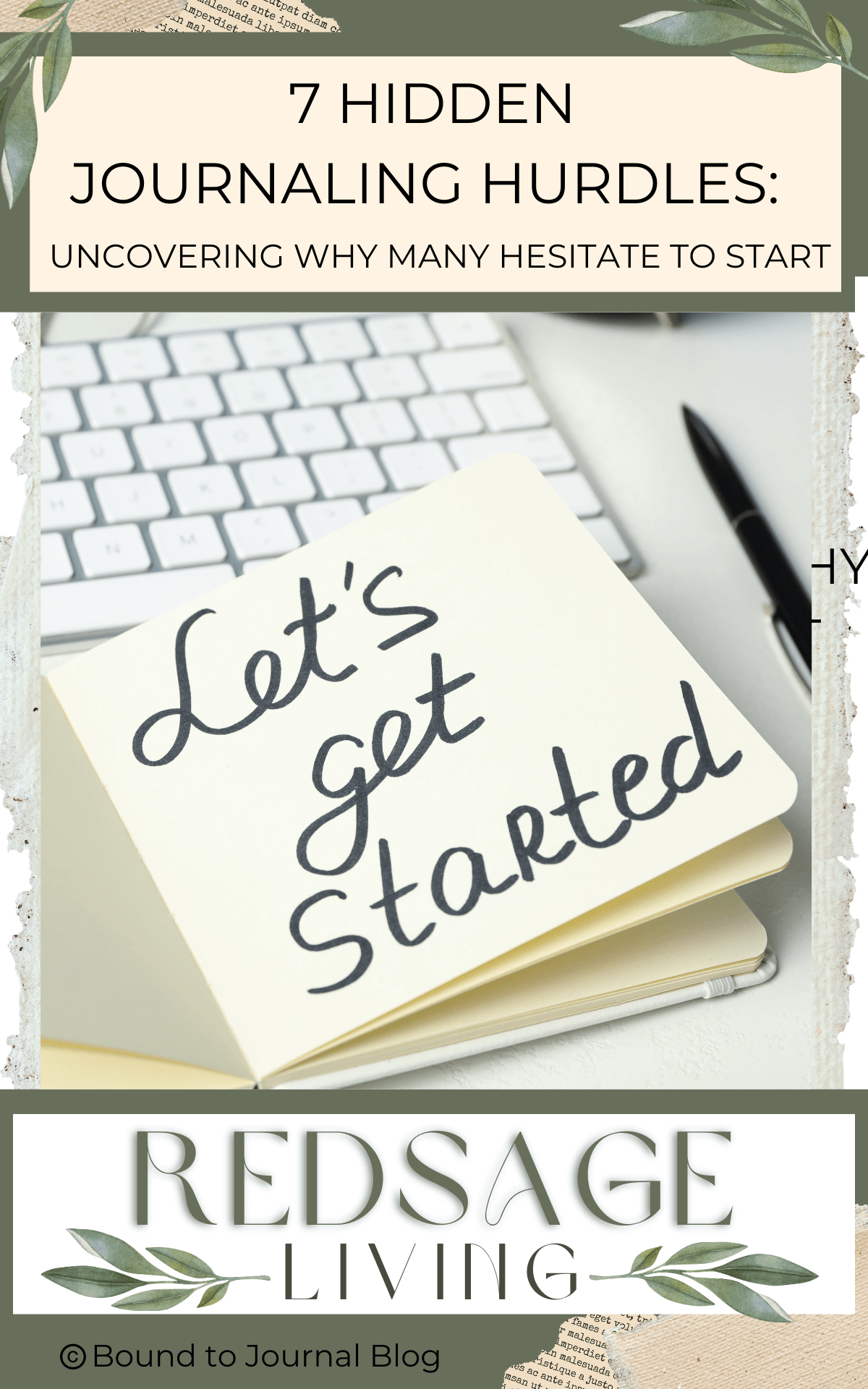 What's holding you back from starting to enjoy the benefits of journaling?
What's holding you back from starting to enjoy the benefits of journaling?Journaling has emerged as a model for introspection and healing in a world that's beginning to understand the importance of self-care and personal growth. Yet, despite its numerous benefits, a surprising number of individuals find themselves buying a journal only to let it collect dust on the shelf.
What keeps people from taking the next step in journaling?
We hear quite a list from our students and customers. Some of the hurdles stem from crystalizing moments from childhood, while others emerge from current stressful or chaotic circumstances. The stories vary, but we've identified 7 common barriers that might help you identify any obstacles holding you back from starting your journaling practice.
7 Hidden Hurdles to Starting a Journaling Practice

1. Perceived Lack of Time
One of the most commonly cited reasons is the perceived lack of time.
Many believe that journaling demands a substantial chunk of their day, a luxury they can't afford in their fast-paced lives. This perception often stems from unrealistic expectations of what journaling 'should' look like—long, uninterrupted sessions filled with profound insights. They imagine novel-sized entries or completed works of poetic art.
Actually, there are journaling styles that can fill your day! For example, if a journal is integrated into your work as a recording tool or if your work includes creating art in your journal, this can easily be an all-day, several-days-a-week journal interaction. Many, however, journal for small windows periodically throughout the day or as a way to start or end their day. Others journal situationally. How much time is needed depends on you and how you use or need journals in your life.
Everyone can incorporate journaling, and it can be as simple as dedicating a few minutes a day to jotting down thoughts, feelings, or gratitudes.

2. Fear of Imperfection
Another significant barrier is the fear of imperfection.
This fear manifests in concerns about not being a good enough writer or not knowing the 'right way' to journal. Many potential journalers worry about the neatness of their handwriting, the quality of their word combinations, or the structure of their entries.
The number of adults who come to us with a lifetime of hurdles connected to perceived journaling expectations from their formal education is staggering! When describing their experiences with a parent or teacher, they can even repeat the exact statements they routinely heard that forced harsh judgment on their writing.
It is essential to understand that journaling is a personal endeavor; it’s not about crafting perfect sentences but about the act of expression and reflection. You can doodle while you process, write a half dozen words, and have a profound journaling experience.

3. Fear of Unlocking Painful Memories
Quite often, we hear this concern surface in class. It's a legitimate fear.
Many strong, functional, and successful adults have spent a lifetime compartmentalizing difficult experiences or trauma. No one wants to reactivate unpleasant memories, but facing even small aspects of those memories and seeing them in a new light is where the healing starts. We highly recommend seeking professional guidance, support, and direction when approaching traumatic topics.
However, you can still enjoy journaling's joyful and playful side, develop your creativity, and build a relationship with your journal. This activity will help you develop a healing practice around your journaling time to support your healing journey. When the timing's right to work on the complex topics, you'll have worked past your initial hurdles and created a safe space in which to process harder topics and take another step toward your wellness goals.
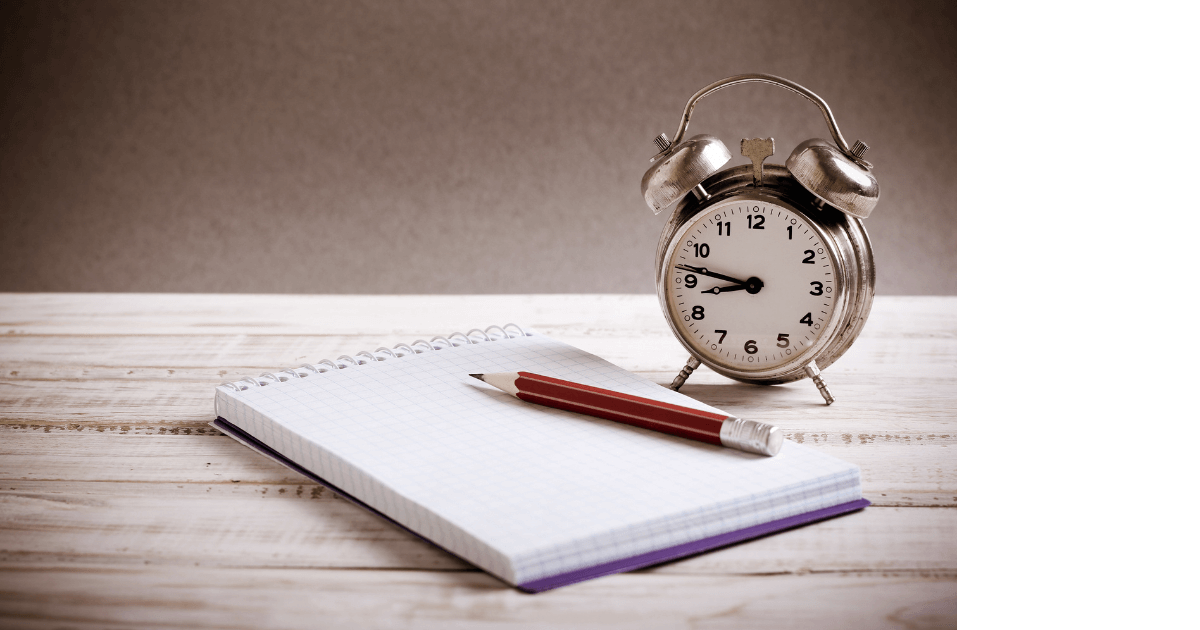
4. Feeling Overwhelmed with Starting
The question of where to begin can also be paralyzing.
Faced with a blank page, much like a painter staring at a blank white canvas, potential journalers can feel overwhelmed by the infinite possibilities. The key here is to start small. Prompt-based journals or even single-word journaling can ease the intimidation and guide the initial steps into this practice.
Image-based journaling is our preference and teaching focus.
Even when you're tired, your mind can process a reaction to an image. The image can be a family photograph, a picture in a magazine, or the latest snapshot from your phone. Whatever the source, you can easily write one or all of the following things:
a. Who, what, where, and when to describe the image
b. can you name any part of the people, places, or things in the image?
c. what happened right before the snapshot and what is about to happen after the photo was taken
When you start thinking conversationally, your words begin to flow. Let your thoughts and pen take it from there. To learn more about this fascinating journaling option, check our article, Creatively Unlock Your Thoughts with Image-Based Journaling!
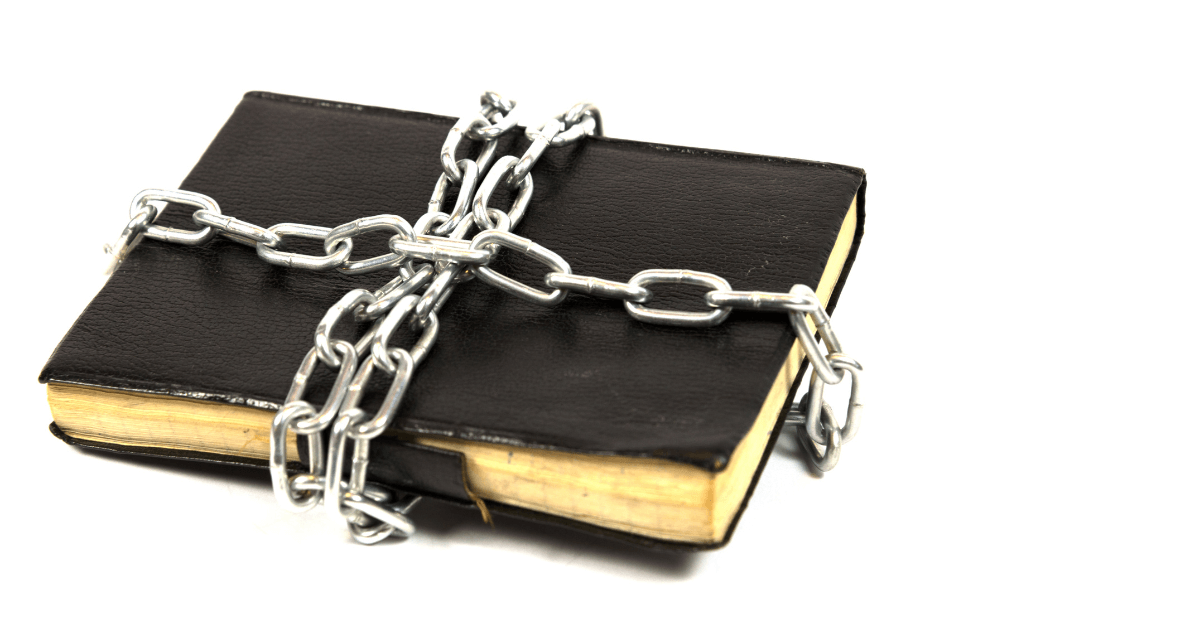
4. Privacy Concerns
Privacy concerns also play a significant role in hesitancy towards journaling.
The fear that someone might read your deepest thoughts deters many. In this digital age, traditional pen and paper might seem vulnerable, but it can be one of the most private methods, free from the prying eyes of the digital realm. For added security, locking diaries or creating a personal code can offer peace of mind.
Two other quick privacy suggestions:
1. Don't use actual names. You might pick a color or symbol representing a person, job, or experience.
2. Remember that many forms of writing are intended to be short-lived! You might find the best time to journal is when you're sitting by a campfire. When you're done writing, burn the pages and enjoy the symbolic release and the calming atmosphere around the fire. Paper shredders are another option. The process of writing and destroying the memories can be an intense, emotionally healing process.
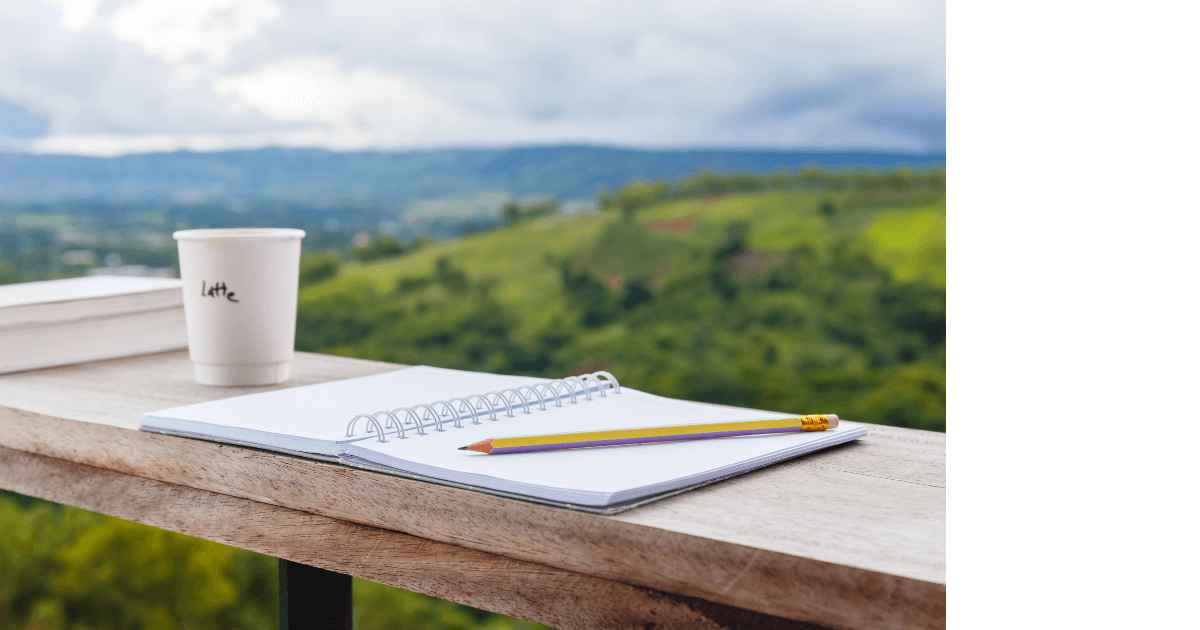
5. Underestimating the Value of Journaling
The value of journaling is often underestimated.
Some view it as a frivolous or non-essential practice, not realizing its profound impact on mental health, clarity of thought, and personal growth. Testimonials and scientific studies document the benefits of regular reflection through writing, ranging from stress reduction to enhanced problem-solving capabilities.
People are often drawn to or encouraged to start journaling even without fully understanding why. When we talk in class about the primary benefits and how you can amplify them with a few simple tips and techniques, they're a bit in shock.
Watching students' faces as they experience the transformational journaling exercise and witness the benefits for themselves is a pure joy for us and the entire class. One of the next stages we observe is when students realize the possibilities and their journaling ideas start to flow. This is often when we'll hear someone say that they know exactly how they want to record that vital part of their history, their time with their grandchildren, or to process the stressors they're experiencing.
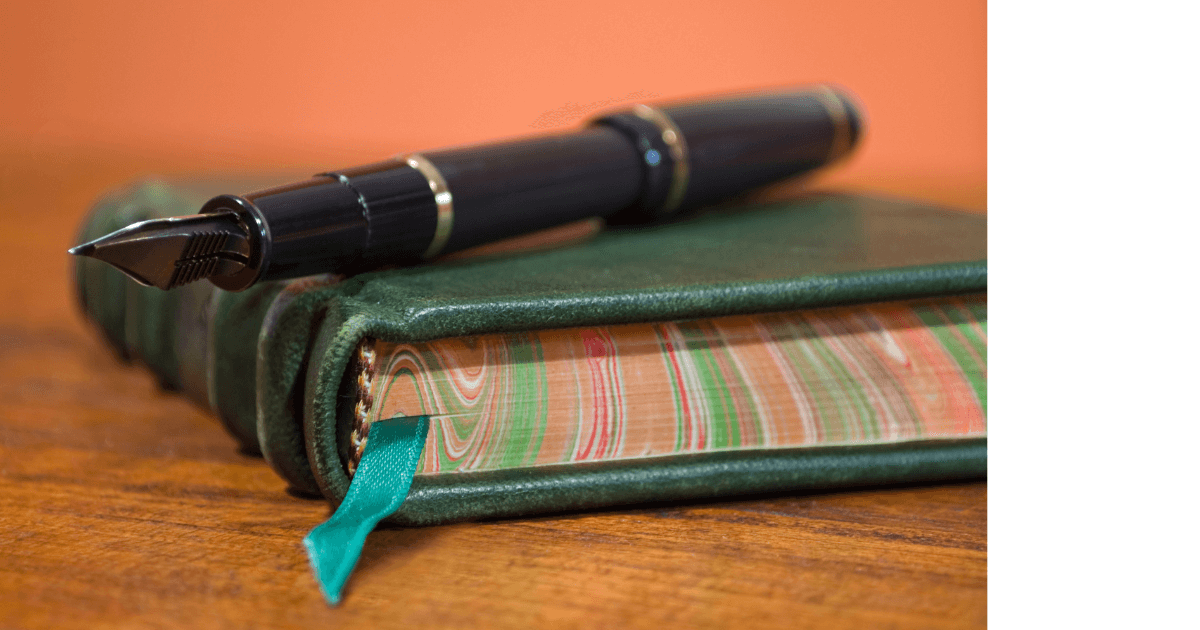
6. Cost
There's nothing like a hand-made, hand-stitched, leather-bound, tooled journal. In the movies, and in my imagination, journals like that hold mysterious treasure maps or secrets to the universe. They have special, hand-made papers with deckle edges and the scent of fine luxurious leather! But, rightfully so, with that beautiful handmade creation comes a hefty price tag.
We often hear about this type of journal sitting on someone's bookshelf, untouched and shrouded in fear of collecting or holding anything but perfection.
That's one of the reasons we designed the "Not Your Ordinary" journals and made our journals from rescued books destined to be thrown out. When you're new to journaling, you haven't even unlocked the thoughts, ideas, or techniques that best suit your personality. Our journal pages are a mix of lined, unlined, graphed, dotted, colored, printed, and unprinted to give options and variety for you to choose as you develop your style.
What you write on doesn't matter as long as you're writing. Some of the most transformational journaling experiences have surfaced on accumulated pieces of colored, square, stickie notes or scrap pages. Think of the historical documentation and insight that was recorded on food-spattered recipe cards or in the margins of a bible.
No cost, no expectation journaling, or no procrastination journaling should be the goal. It's easy to start. You can keep your loose pages in a folder, envelope, or box and either leave them there or assemble them in a formal journal structure later. Another option for getting started is to create small one-page journals. This is my restaurant go-to with paper placemats and the inspiration for our one-page journal for FREE on our website.

The journey to begin journaling is dotted with both real and perceived barriers.
Recognizing and addressing these hurdles can open the door to a fulfilling practice that enriches your life.
Whether carving out a few minutes a day, embracing the messiness of thoughts transcribed onto paper, or safeguarding privacy, the steps towards overcoming these obstacles are within reach. Remember, the profound journey of self-discovery and personal growth through journaling starts with a single word, a sentence, and a moment of courage.
The journey to a journaling practice is well-worth taking the first step. Make it easy and downloading the one-page journal we created for you and start experiencing the endless possibilities of putting pen to paper.



















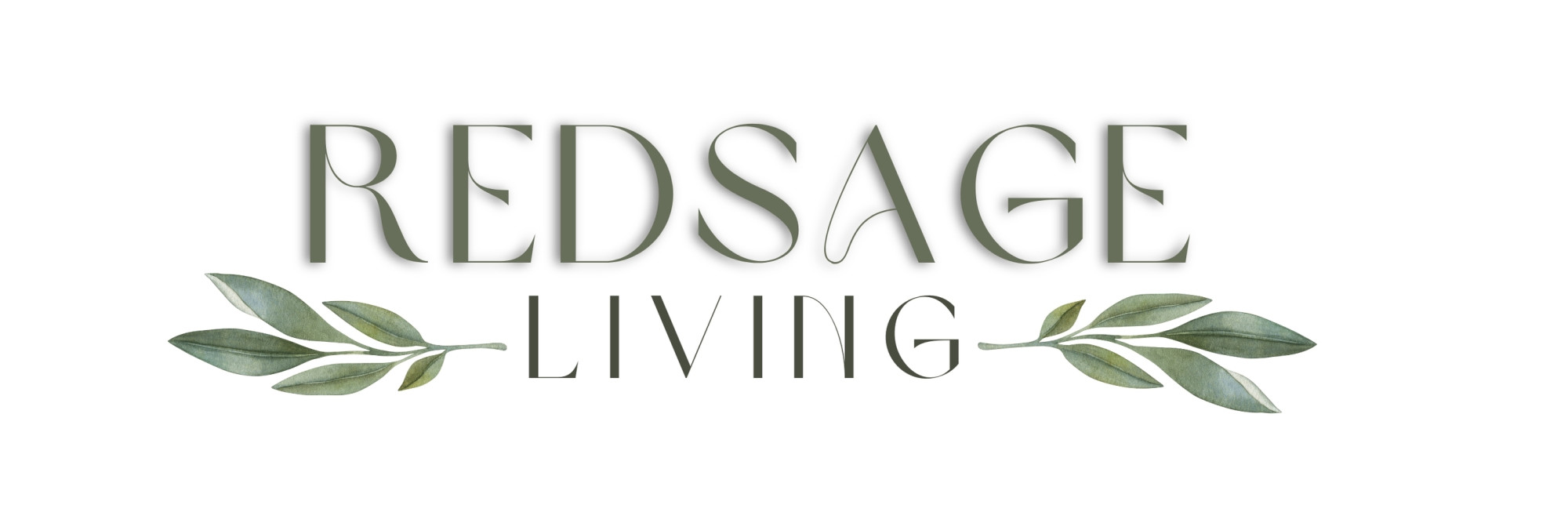





0 Comments